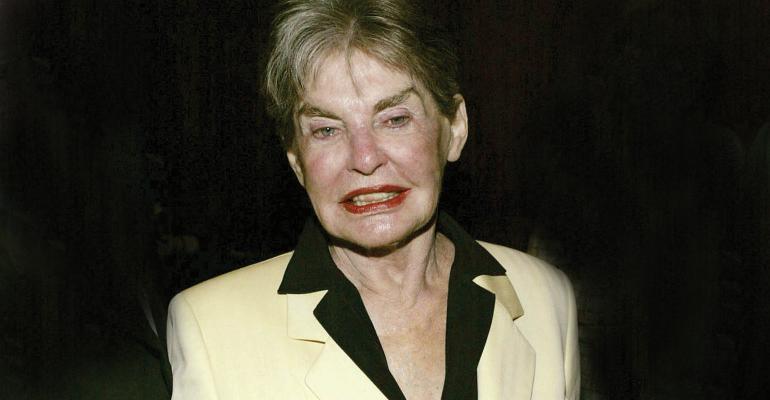Nearly a decade after Leona Helmsley’s death, her estate is still in the news, this time for the outlandish fees sought by its executors.
The Wall Street journal reports that in court on Thursday, New York state attorney general Eric Schneiderman argued that the requested $100 million fee is “astronomical” and should be reduced by as much as 90 percent.
Helmsley’s estate has four executors: two grandchildren from her first marriage, David and Walter Panzirer, her lawyer, Sandor Frankel and her business advisor, John Codey. According to filings, the requested sum reflects an hourly rate of pay of $6,437. Good work if you can get it. A representative for the executors defended the number on Thursday, claiming they “administered an extraordinarily complex estate…in the face of enormous risks” and increased the estate’s value by “hundreds of millions of dollars.”
Because Mrs. Helmsley’s will makes large grants to charity ($1.42 billion as of march 2015 according to the article), the attorney general’s charities bureau maintains that it has the power to contest the executors’ fees to prevent any diminishment in the amount received by charity due to, in its words, “excessive and unreasonable expenses.” The filings request that the court appoint an expert to determine the “reasonable value” of the executors’ work. In the alternative, they also suggest a $628 hourly rate, based on what top executives at Helmsley’s company were making at the time of her death. Using the hours worked, this number would work out to slightly less than $10 million in total compensation. So the two sides are a little far apart.
This clash is only really an issue because the will is simultaneously specific and vague on "proper" executor compensation. It specifically rules out using the statutory rate because of the size of the estate (using this rate would have called for compensation of nearly $200 million). Unfortunately, having (smartly) eliminated the standard option, the will then doesn’t offer any further guidance on how compensation should be calculated.
As the article notes, this case will come down to a question of “reasonableness.” The executors argue that the complexity of the estate and their financial success in the face of a broad economic downturn make the extraordinary compensation requested reasonable. The state argues that the executors are overstating their contributions to the real estate deals that drove the estate’s financial success and that they took more of an advisory position rather than the central role they’re claiming.
What is an executor's time and effort worth? In the absence of guidance, how should that be calculated? And, are Helmsley's executors being unreasonable? Leave your thoughts in the comment field below.





